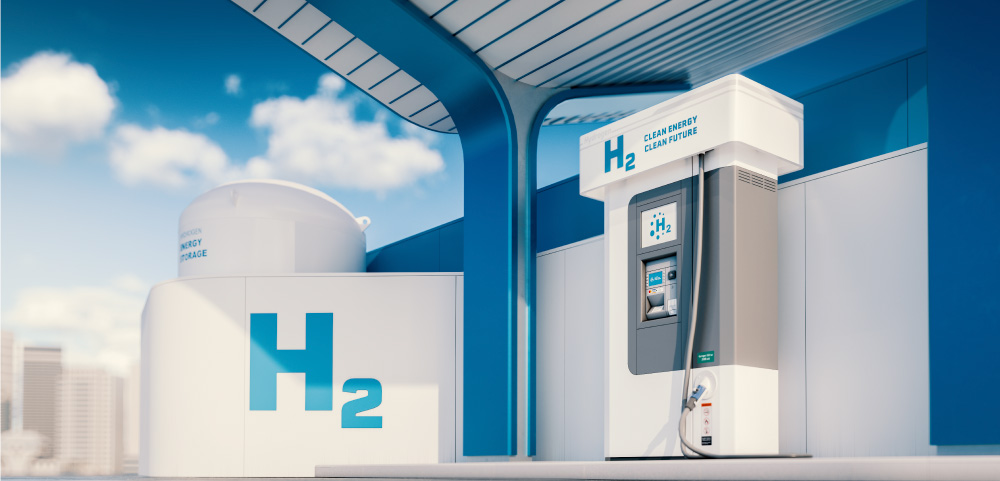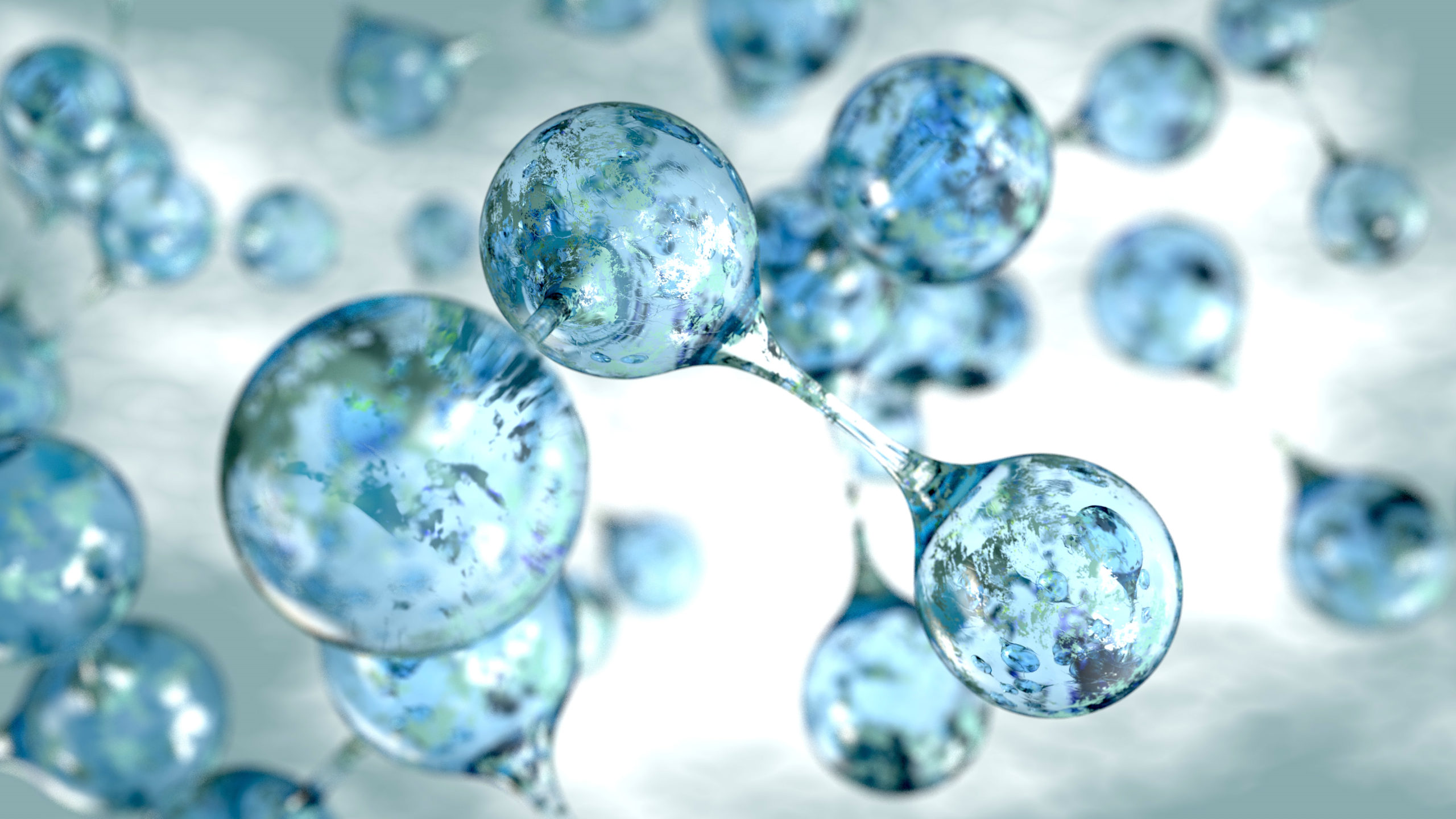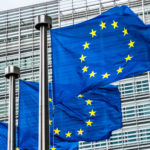About us > The CertifHy Bulletin > Fall 2024 Edition > News 2
The CertifHy Bulletin - Fall 2024 Edition
Open consultation for the AIB’s Residual Mix methodology for gas
The Reliable Gas Disclosure System (ReGaDISS) project, a one-year initiative providing technical assistance for methodologies on gas disclosure, has reached a critical milestone with the release of its Task 3 report. Titled “Draft Methodology for Disclosure Supervision and Residual Mix Calculation for Gases,” the report was presented on September 3, 2024, and is now open for stakeholder consultation until September 15, 2024.
Launched in January 2024, the REGADISS project aims to align its methodology with Article 19.8 of the Renewable Energy Directive (RED III) and the forthcoming revision of the Gas Directive. The project has focused on clarifying the framework for gas disclosure and establishing the residual mix for gases—essential for transparency and consumer trust in renewable energy sources.
With a detailed analysis of the current state of gas disclosure and the associated legal and technical requirements, the draft methodology represents a significant step forward in defining the gas Residual Mix. Stakeholders from across the sector are invited to provide their feedback to ensure a robust, compliant system for the future.









